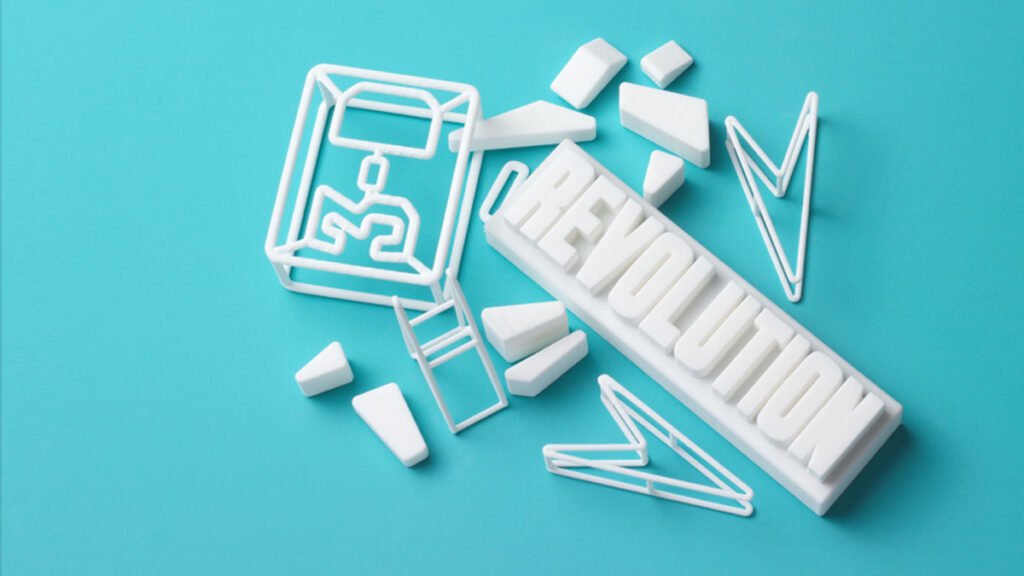From Prototyping to Production: How 3D Printing is Revolutionizing Industries and Empowering Innovation.

The landscape of manufacturing has undergone a seismic shift with the advent of 3D printing. What began as a method for rapid prototyping has evolved into a game-changing force across various industries, rewriting the rules of production.
Rapid Prototyping: Breaking Barriers
Historically, prototyping was a laborious process, involving time and cost to produce models. it shattered these barriers, enabling rapid prototyping with speed, precision, and cost-efficiency. This innovation fueled creativity and accelerated the product development cycle.
Innovating the Automotive Sector
The automotive industry has embraced 3D printing for creating prototypes, tooling, and even end-use parts. It enables the swift development of custom components, lightweight designs, and more fuel-efficient vehicles.
Healthcare’s Transformation
The impact of it in healthcare is monumental. Custom prosthetics, patient-specific surgical tools, and even organ printing for transplantation are becoming a reality, revolutionizing patient care and treatment.

Aerospace Advancements
Aerospace manufacturing benefits from 3D printing’s ability to create complex, lightweight components. This not only reduces material waste but also enhances aircraft performance while reducing overall production costs.
Architecture and Construction
In the realm of architecture, 3D printers has empowered the creation of intricate models and even full-scale building components. This technology offers the potential for sustainable, cost-effective construction practices.
Challenges and Future Possibilities
Despite its advancements, 3D printing faces challenges such as material limitations and scaling production. However, ongoing research into new materials and faster printing technologies opens doors to broader applications.
Conclusion
The influence of 3D printing on industries transcends mere innovation; it’s a revolution. From initial design concepts to mass production, 3D printing is reshaping manufacturing across sectors, fueling a future where customization, efficiency, and sustainability coexist.
As this technology evolves, it promises to rewrite the rules of production, providing a glimpse into a world where the boundaries of manufacturing are continually challenged and redefined.
